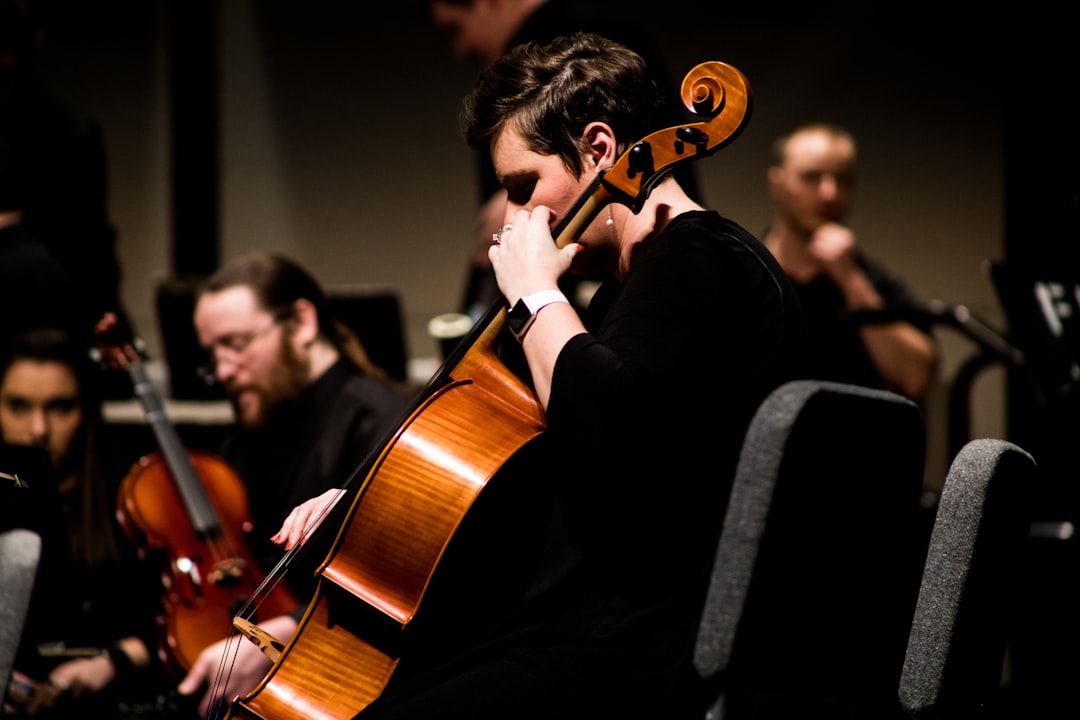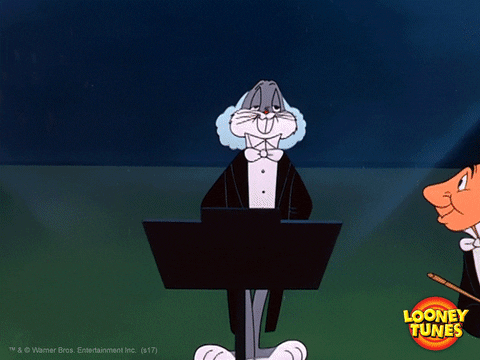
It may surprise the classical music lovers among our readers and those who enjoy live orchestral performances, to hear that these things are, in fact, racist. Well, not so much the music itself, though that is up for debate (all those old, white guys, all that standardized notation…), but the etiquette surrounding it.
In response to an article in Vox that criticized these etiquettes, Joshua Lawson writes, “Classical music concerts have long-standing conventions. So do most associations, group activities, and institutions… Rules for how to act at concerts, like nearly all ceremonial traditions, arise for a reason. Etiquette rules that accompany traditional classical concerts have nothing to do with racism, ‘superiority,’ or ‘exclusion,’ and everything to do with the respect and reverence due to a special event.”
There seems to be an “inside baseball” debate happening in the classical music world regarding whether some of the traditions surrounding performances should be reviewed or discarded, and whether boisterous applause is appropriate in some situations. But to say that “things like punctuality and ‘being polite’ [are] signs of ‘whiteness'” is as laughable as it is disturbing. Lawson writes that the Vox piece “lament[s] that classical concerts are the sole remaining American institution that typically insists on starting on time. The horror. The absolute fascistic horror.”
Correct us if we’re wrong, but even Antifa seem to have start times for their riots. After all, one can’t riot alone. Not to mention their dress code…
While etiquette may at times follow fashions – whether you serve soup first or wear knee breeches at court – it isn’t hard to see that good manners are a reflection of the Law: “Do unto others as you would have them do unto you.” Thinking of others more highly than yourself is at the heart of cultivating good manners, and in a “you do you” culture, manners represent a kind of constraint on ME that is problematic.
British writer Niall Gooch sums it up this way: “so-called [repression] is seen as very dangerous because it will eventually result in a great uncontrolled outburst of pent-up emotion, and prevents us from showing our true self, that is to say our most strongly-felt impulses. Much healthier, in this view, to let it at all hang out and not take the risk of leaving a thought or feeling unexpressed.” Tweet, tweet.
Yet manners are “a way of making clear that you prioritize [other’s] comfort over your own convenience or your own self-expression… To say ‘please’ and ‘thank you’ to someone, to listen carefully to them, to not impose on them…the obscenity on your T-shirt, is not mere prissiness. It is an act of humility and kindness.” Gooch says that people who use good manners “help others feel at home in the world. They treat the world as if it is genuinely a shared place, where we must take into account the needs of others.”
In a culture that is currently seeking to erase any distinction or difference, manners are also a way of showing honor to people in authority and respecting the expertise of a profession. This is not “a judgment about the personal virtues of the person addressed — it is a sign of respect for the role itself…We salute the rank, not the man.”
There is something refreshing about stepping back from the mad self-promoting scramble of modern life, resting in the fact that we are approved by our King. Gooch wonders “whether some of the modern antipathy to cultivating good manners is that they are generally a quiet and unshowy form of virtue. It’s difficult to post on social media about how impressive your manners are, because they so often consist of what you don’t say, what you don’t do, and of small gestures and minor sacrifices known only to yourself.” Mad Christians are free to do our good deeds in secret, knowing our reward waits for us in the world to come.




